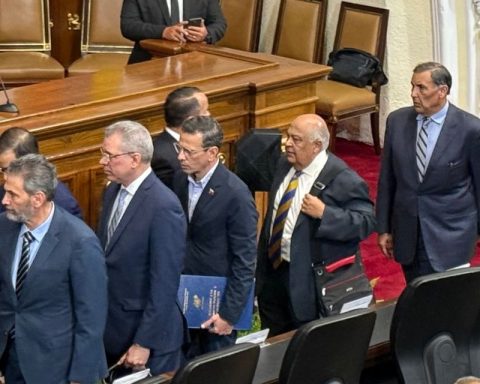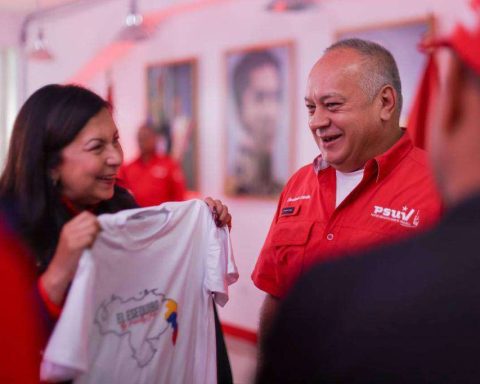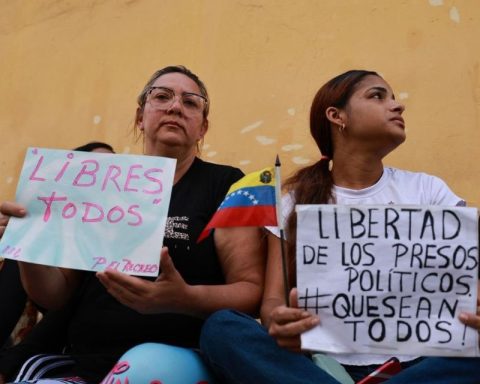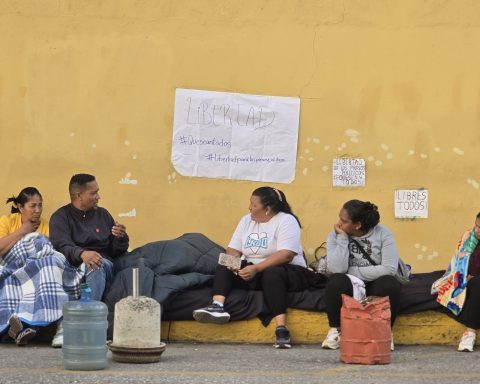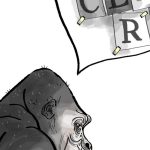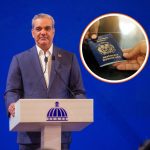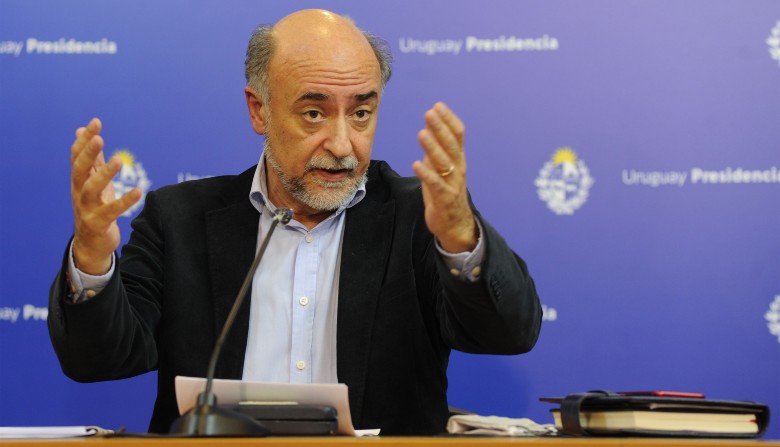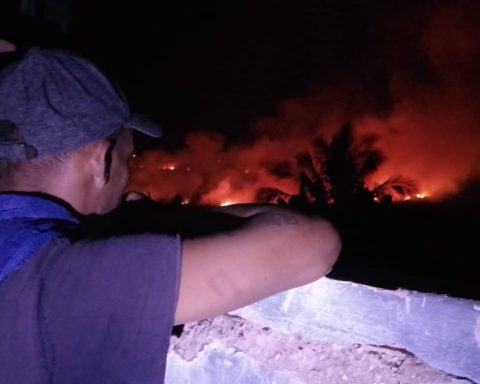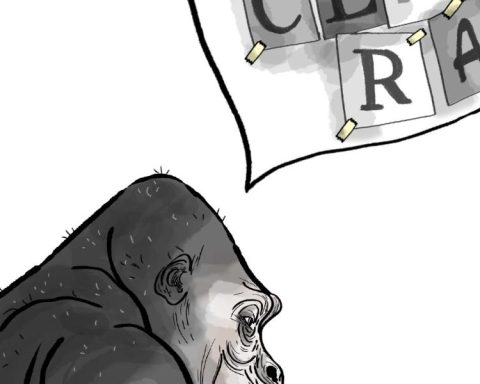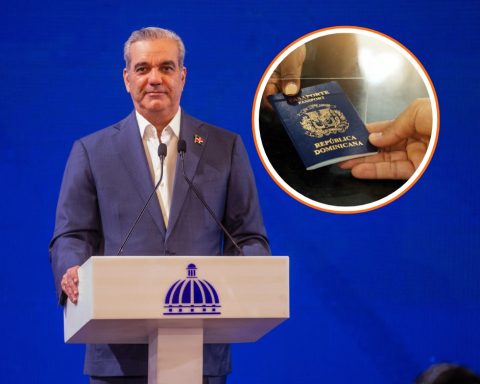The administration of former United States President Donald Trump deployed aggressive sanctions in 2019 to overthrow the President of the Republic, Nicolás Maduro, by working on a schedule according to which the head of state would leave in “a matter of weeks or months.”
This was stated by the former US Undersecretary of State for Venezuela and Cuba, Carrie Filipetti, in an exclusive interview for the BBCin which he acknowledged that they failed with the objective despite applying the sanctions.
“Something that I think we could have done differently and that went wrong was that from the beginning there was this feeling that this would not take very long, and since we were operating with a calendar according to which Maduro would leave in a matter of weeks or months , that meant we could roll out the most aggressive sanctions early on,” he said in the interview broadcast Tuesday.
It was for this reason that “it was decided to pass the sanctions on the oil sector in early January 2019”, which exacerbated the difficulties in producing crude oil and fuel in the refineries due to the prohibitions on negotiating contracts and supplies.
“And part of the problem there was that it was difficult for the Maduro regime to deal with those sanctions, but once they did, anything else we threw at them was very minor because they had already taken the biggest hit they were going to take,” he added.
In his opinion, what was problematic was not the fact “that we have applied the sanctions, something with which I agree, but perhaps the order in which we did it.”
They underestimated the circle of loyalty
When questioned about the power of sanctions and the ability of the Venezuelan opposition to overthrow the Venezuelan President, Carrie Filipetti admitted that what they underestimated was “the degree of loyalty of Maduro’s inner circle.”
“We had the feeling that they would want to do the right thing, that as the Venezuelan military they saw themselves as guardians of the Venezuelan Constitution and that the appeals to their morale, combined with the sanctions, would help them turn against Maduro and ask him to stand down. outside. And that didn’t happen, so maybe we were overconfident that Venezuela’s military chiefs were going to do something to get Maduro out,” he added.
According to Filipetti, the reason the Venezuelan government wanted to negotiate was to “get rid of US sanctions,” so it was necessary “to have a stronger role in that process than we originally had.”
“So those were two of the main reasons it failed,” he said.
He added that the sanctions were to “try to encourage Maduro to sit down at the table to negotiate in good faith.”
“So I think after the end of the Trump administration it makes sense for any new administration to recalibrate and see what’s working and what’s not,” he stressed.
He indicated that the administration of President Joe Biden has to clarify what it is trying to achieve with the approach to the Government of Nicolás Maduro and about its policy towards Venezuela as a whole.
“From the outside, what seemed was that there was a situation in Ukraine that worried us about access to oil and, therefore, we decided to change from the Russian dictatorship to the Venezuelan one,” he considered.
AN rejects Filipetti’s statements
In this Thursday’s session, the National Assembly (AN) approved an agreement in repudiation of the statements by Filipetti and the former US Security Advisor, John Bolton, about the military invasion attempts and the sanctions policy against Venezuela.
“In an exaggerated exercise of slyness, important figures of the Trump administration appear, such as this psycho named John (Bolton) and this other lady Former US Undersecretary of State, who are amazed that President Maduro’s inner circle is loyal, because they are very used to buying consciences, to pulling the strings of their puppets. They speak with people of the ilk of Luis Almagro, a little trash who is in the service of the United States,” said the president of the AN, Jorge Rodríguez.
When Filipetti says that Maduro’s inner circle remained loyal to him, Rodríguez said, “I imagine he is referring to the people of Venezuela who remained loyal to democracy, sovereignty, independence, self-determination, respect to the National Constitution of the Bolivarian Republic of Venezuela.

